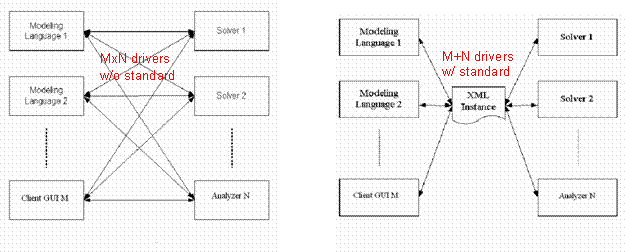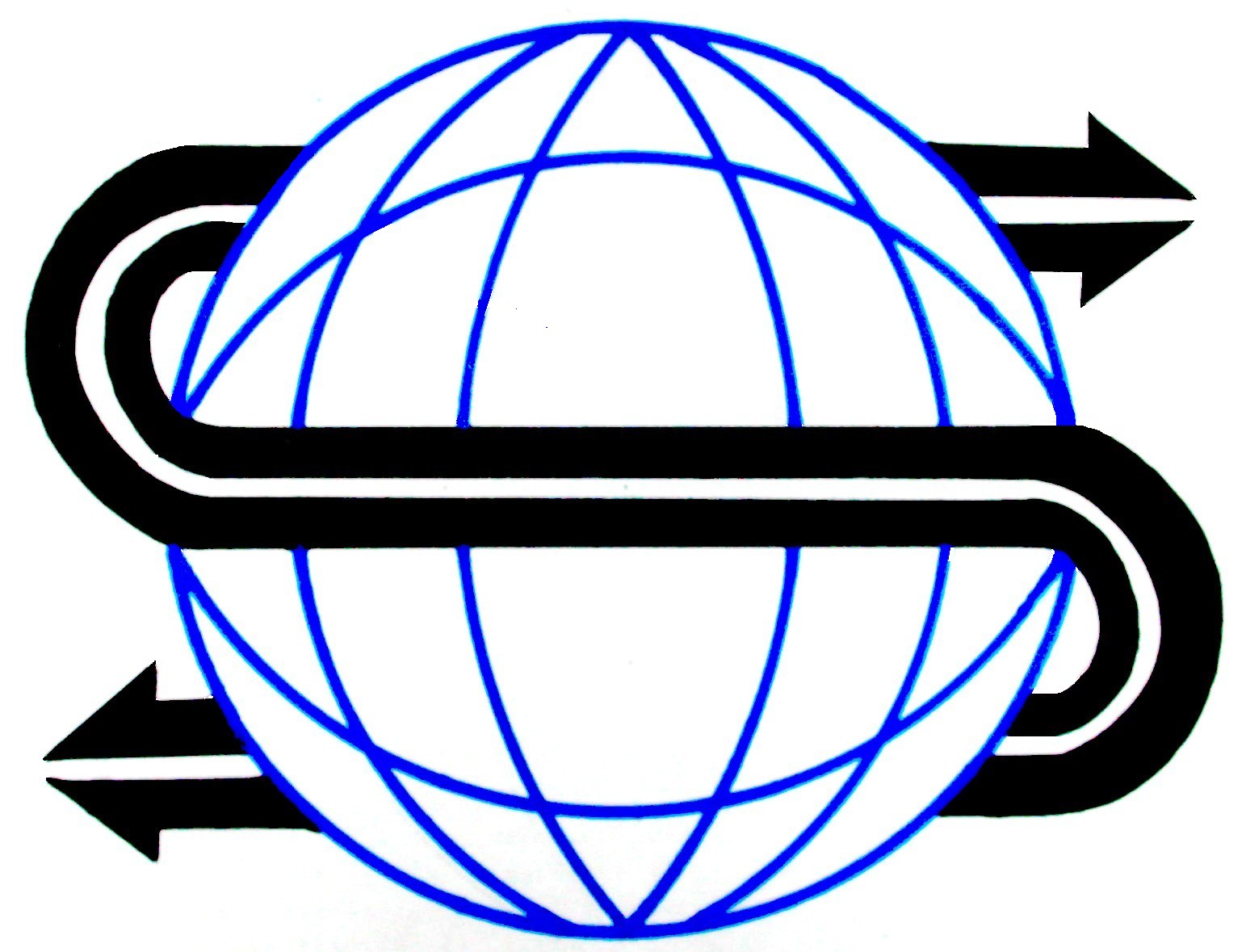|
OS as the next generation Network Enabled Optimization System (NEOS)

The NEOS server of the Optimization Technology Center of Northwestern University and Argonne National Laboratory makes more than 50 solvers available through several network mechanisms. Because the Server has evolved along with the Web and the Internet from their early times, it is limited to some degree by initial design decisions and is facing growing communication difficulties.
Optimization Services, with all the OR applications, software and libraries built upon the OS framework, is intended to be the next-generation NEOS. It addresses many outstanding design and implementation challenges faced by the current NEOS under the large-scale and distributed optimization environment. For example, the benefit to the optimization community of a common format for instance representation and an accepted application programming interface (API) for solvers is clear. If modeling languages support a common format (Optimization Services instance Language– OSiL), and solvers support a common API that operates on the instance format, then solver developers do not have to worry about supporting multiple model formats and modeling language developers do not have to worry about supporting varied solver input formats. Using the standard representation of an instance, only M + N (instead of M × N under the current status) drivers are required for complete interoperability.
As stated in the original National Science Foundation (NSF) proposal for this research, titled Next-Generation Servers for Optimization as an Internet Resource:
“The planned research is motivated by a vision of a next-generation NEOS Server that addresses outstanding challenges of communication in large-scale optimization. This work will address design as well as implementation issues posed by standardizing problem representations, automating problem analysis and solver choice, working with new web-service standards, scheduling computational resources, benchmarking solvers, and verification of results — all in the context of the special requirements of large-scale computational optimization.”

Considering the fact that the NEOS Server has over the past decade shown significant value in helping users of all kinds, Optimization Services can have widespread benefits to practitioners inside and outside of the Operations Research community. The continuing goal of Optimization Services as the next generation NEOS should stay the same as the current NEOS, to “make optimization a part of the worldwide software infrastructure that supports science and commerce.”
|


